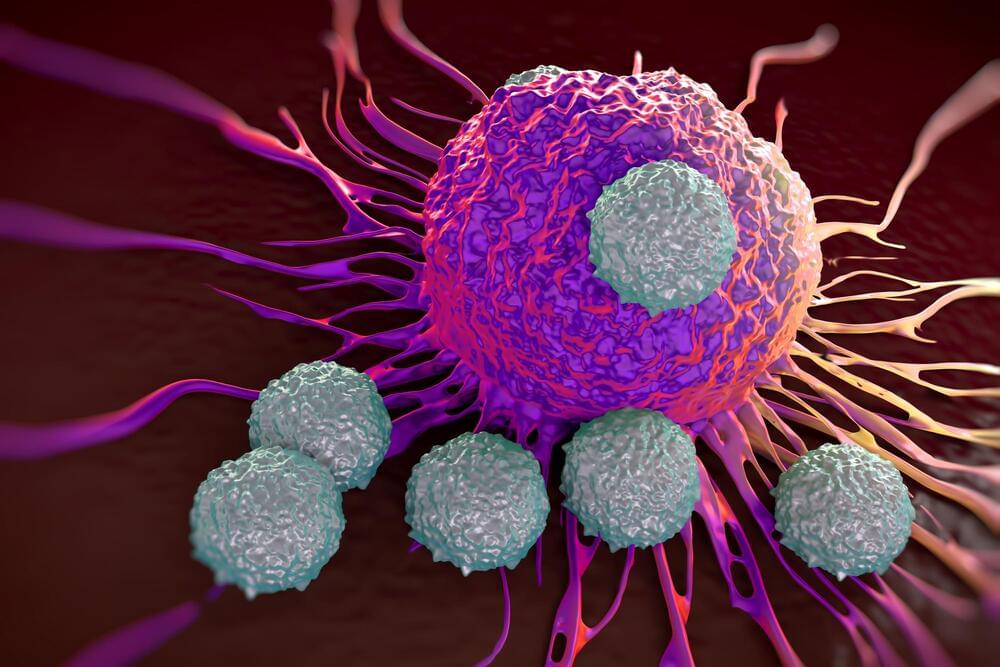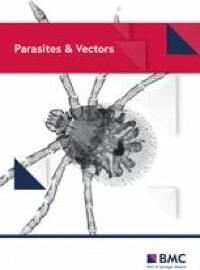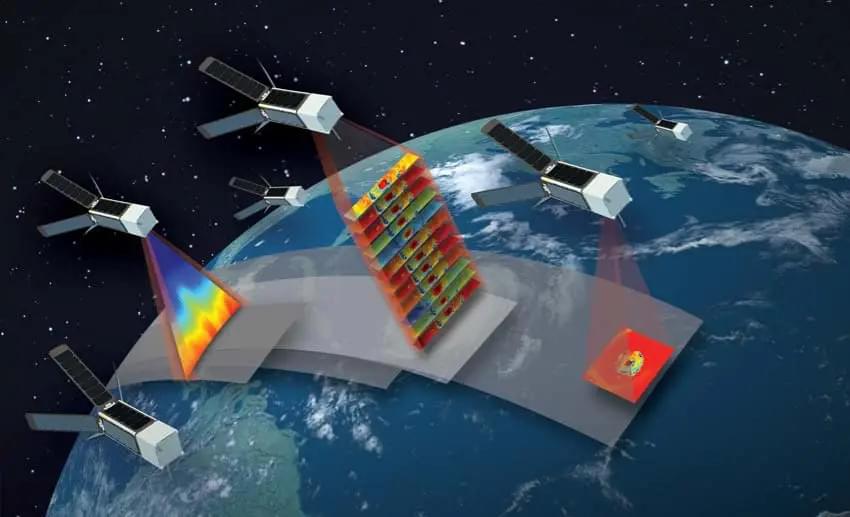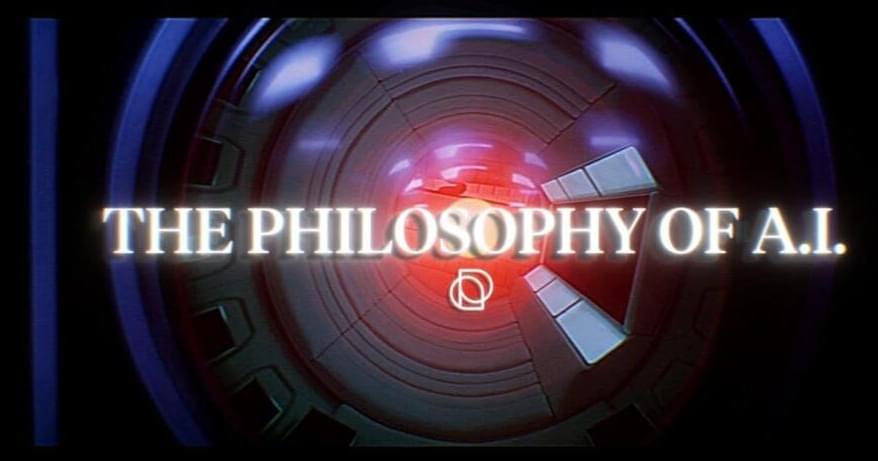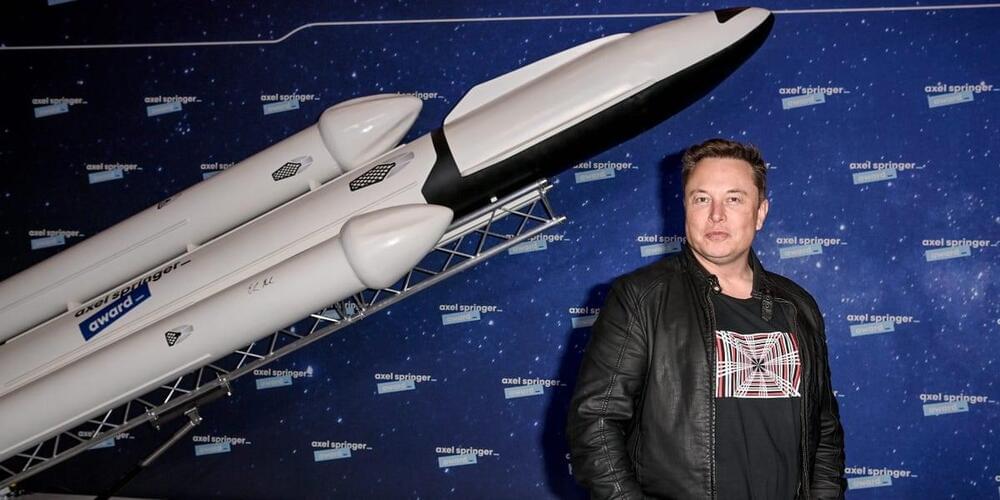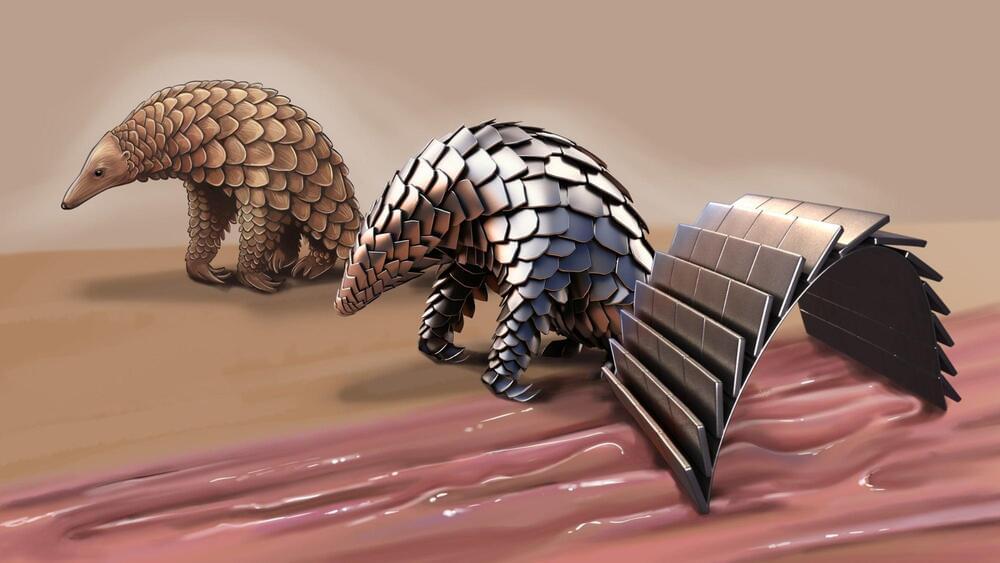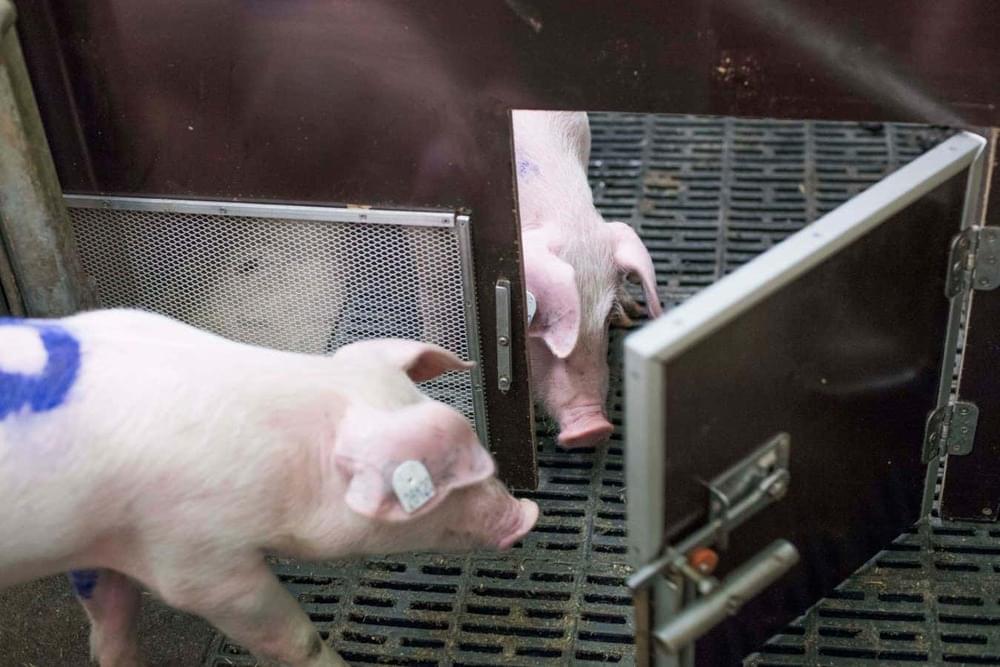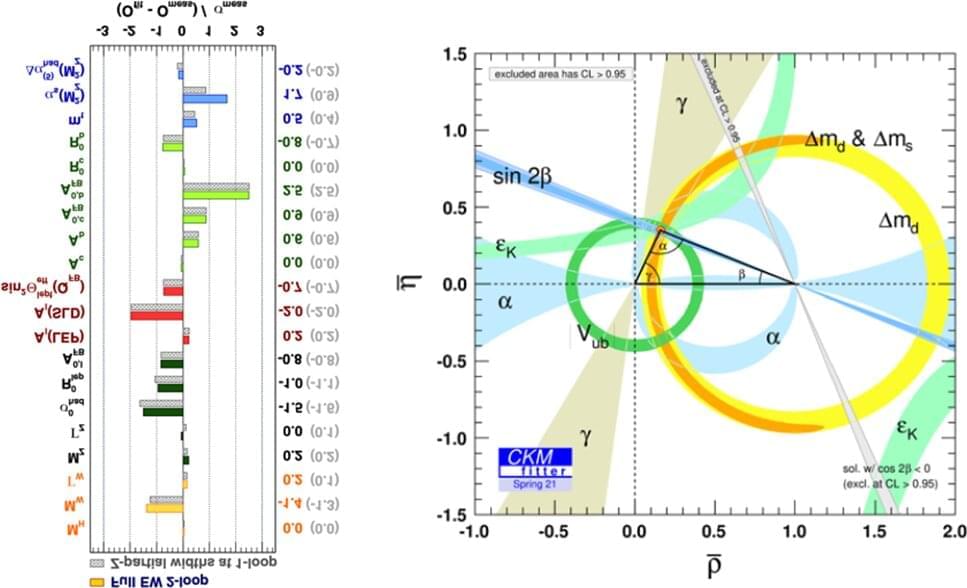Jul 23, 2023
Vaccine delivers a boost to T cell therapy
Posted by Omuterema Akhahenda in categories: biotech/medical, engineering
Engineering T cells to destroy cancer cells has shown success in treating some types of cancer, such as leukemia and lymphoma. However, it hasn’t worked as well for solid tumors.
One reason for this lack of success is that the T cells target only one antigen (a target protein found on the tumors); if some of the tumor cells don’t express that antigen, they can escape the T cell attack.
MIT researchers have now found a way to overcome that obstacle, using a vaccine that boosts the response of engineered T cells, known as chimeric antigen receptor (CAR) T cells, and also helps the immune system generate new T cells that target other tumor antigens. In studies in mice, the researchers found that this approach made it much more likely that tumors could be eradicated.
Continue reading “Vaccine delivers a boost to T cell therapy” »
